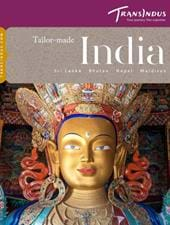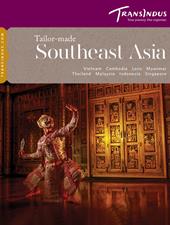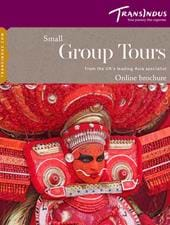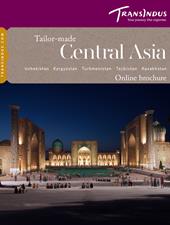Useful information on travel to Thailand
Time zone: UTC +7 hours
Flying time:11 hours 30 mins
Capital: Bangkok
Currency
The local currency in Thailand is the Thai Baht. Most ports of entry in the country have a 24-hour bank exchange counter immediately after customs and immigration. Cash dispensing machines are available in all major cities.
Healthcare
Thailand’s climate is warm year-round, so drink plenty of fluids to prevent dehydration. Avoid drinking tap water and taking ice in drinks. Stick to bottled water (or boiled/UV-treated water available at the hotel) and ensure that the seal is opened by you/in your presence. Aerated waters (bottled soft drinks) are fine.
Thai beer and rice whisky are widely available, although you may find them quite different to their European relatives. Other liquor is also found, though some are not ‘legal’. You may wish to stick to the more expensive imported brands if in doubt. Wine, if available, is usually quite costly. Check the price before ordering.
The cuisine in Thailand is usually fresh, spicy and full-flavoured, but you will find Western alternatives available at most restaurants and hotels. We do recommend that you eat moderately for the first few days. This allows your system to get used to the changes.
We recommend that you carry with you a small supply of basic health care medication such as travel sickness tablets, anti-diarrhoea tablets, antacids for indigestion, insect repellent, sun creams, and selected antibiotics after discussing them with your doctor. Although most of these items are available in Thailand, the security provided by brands one is used to is reassuring. We strongly recommend that all travellers be properly insured for the holiday. While taking insurance, please check that it includes repatriation costs.
Clothing
Thailand has a tropical monsoon climate with temperatures ranging from an average high of 38ºC to a low of 19ºC. The monsoon season stretches from July to October, with periods of heavy rain. You may also experience showers at other times of the year, but an umbrella or light waterproofs are sufficient protection from these showers.
The dry season lasts from November to April, with temperatures starting to rise in late January. Early morning and night temperatures, especially during November-February, can be quite mild, so adequate warm clothing should be carried, particularly for nature reserves and mountains. Temperatures in April to June can be very high, so adequate sunscreen and hydration are recommended.
During the day, it is best to wear light, comfortable cotton clothes with well-ventilated walking shoes. For sightseeing sessions, a good pair of sunglasses and a sunhat may be handy.
At some monuments/temples, it is advisable to avoid sleeveless tops and short skirts. You may also be asked to remove your shoes.
Most hotels, including the more exclusive ones, do not insist on formal wear in restaurants, and smart casuals are acceptable.
Shopping
Thailand provides great opportunities for shoppers, especially for ceramics, silverware, silks, gemstones, wooden antiques, handicrafts, and more. Please note that Thailand has restrictions on buying Buddha images, and an export permit is required for all such statues of all materials in excess of 5 inches in size. If asked, our local agents will advise where to buy particular items.
When purchasing an expensive item, always check the level of duty payable in the UK on your import. Please remember Customs Duty and VAT is payable on all goods above the value of £340 per person, even if an item is exempt from other import duties.
Be prepared for the occasional pressure selling from some guides/drivers. Although they will generally take you to respectable establishments offering reasonable quality, they likely have a vested interest. If you are not interested, and if the guide/driver is insistent, do not hesitate to refuse and bring it to our associate offices/agents in Thailand. However, please note that TransIndus does not endorse any shop, factory or outlet, and we or any of our associate offices and agents in Thailand are not responsible for any shopping and related problems, although we assure you of any help we can provide.
Voltage
The electric voltage in Thailand is 220 volt AC. Most English electric appliances work well in Thailand, but a universal adaptor is needed.








